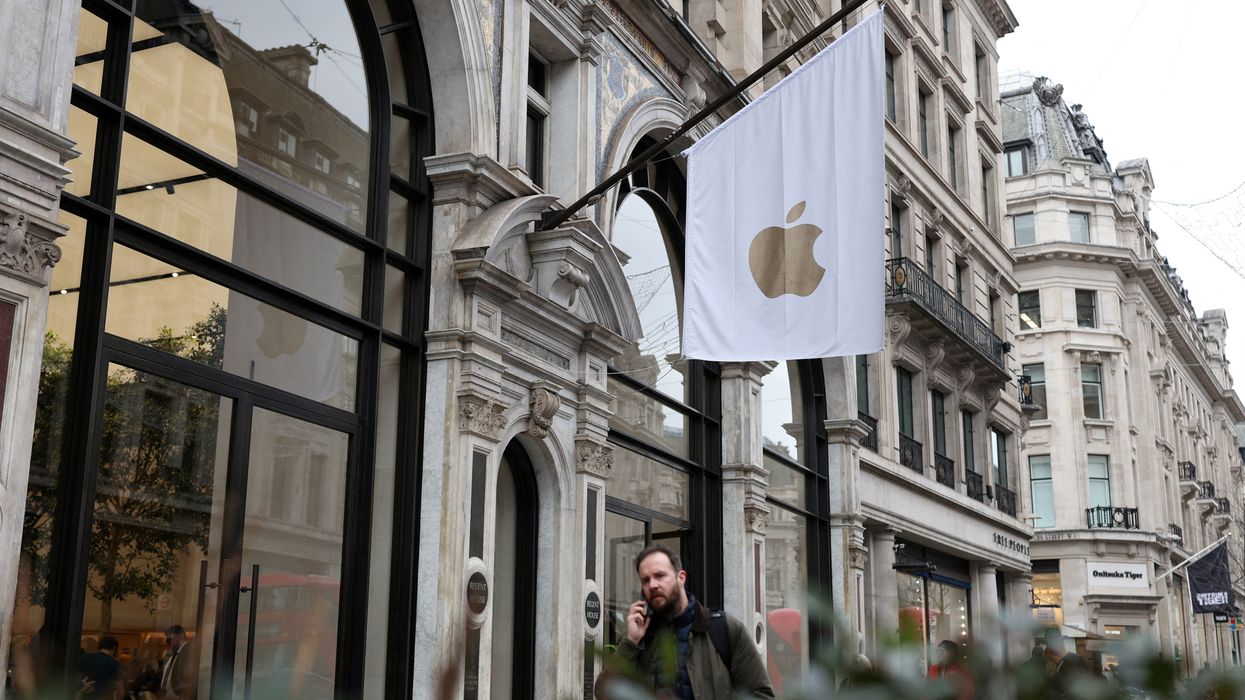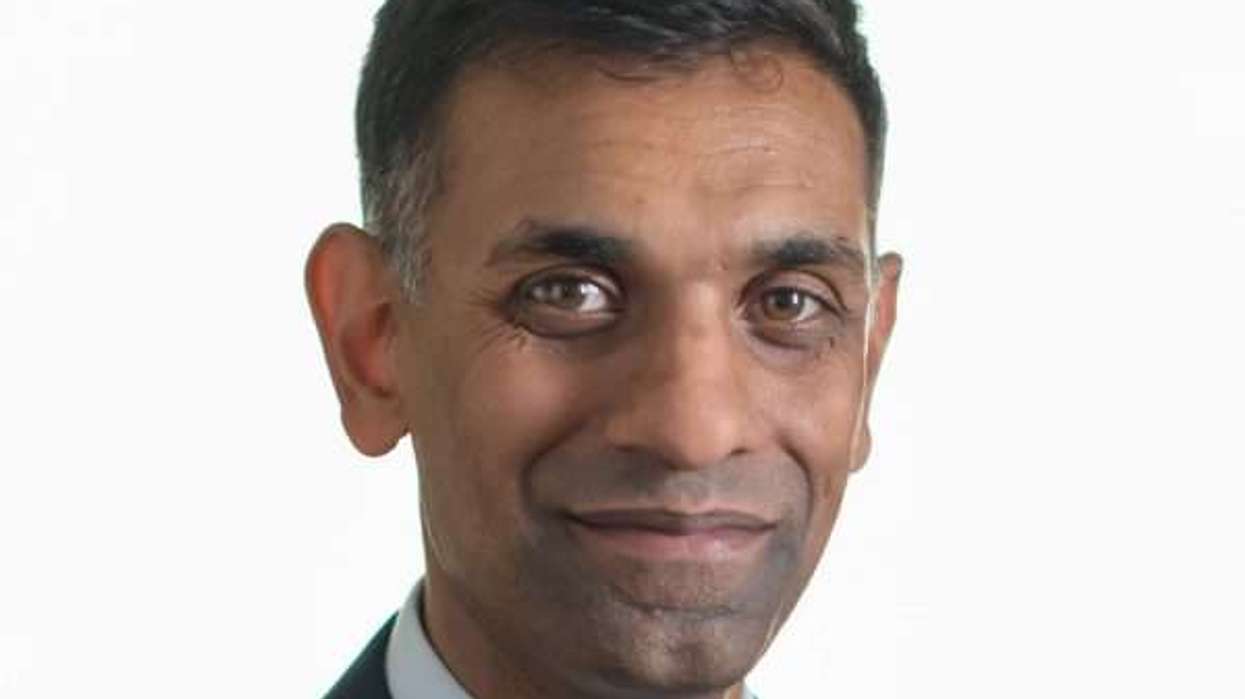APPLE announced on Friday that it will no longer offer its full end-to-end encryption feature, Advanced Data Protection (ADP), for users in the United Kingdom.
The company said new users in the UK will not have access to ADP, and existing users will have to disable the feature.
ADP ensures that only account holders can access their stored content, such as photos and documents, using end-to-end encryption.
The decision follows reports that the UK government had requested global access to Apple users' data.
The Washington Post reported earlier this month that the UK had issued "a secret government order" requiring Apple to create a "back door" to allow authorities to access user data worldwide.
Many technology companies rely on encryption to protect user privacy, and providing access to law enforcement has been a long-standing point of contention.
Apple reaffirmed its stance against weakening security. "As we have said many times before, we have never built a backdoor or master key to any of our products or services and we never will," the company said.
The UK's interior ministry declined to comment, stating, "We do not comment on operational matters." However, a British official, speaking anonymously to the Post, said the right to privacy was not absolute and that "lawful access" systems could still be secure.
UK law and encryption debate
The UK's request was made under a 2016 law that allows police and authorities to compel companies to collect data for criminal investigations.
Officials argue that strong encryption can shield criminals, including terror suspects and child abusers, from law enforcement.
Apple expressed disappointment over the decision, stating, "We are gravely disappointed that the protections provided by ADP will not be available to our customers in the UK given the continuing rise of data breaches and other threats to customer privacy."
End-to-end encryption prevents law enforcement from intercepting messages, allowing only the sender and recipient to access their content.
While authorities argue this protects criminals, civil rights advocates and cybersecurity experts maintain encryption is necessary to guard against unauthorised surveillance and cyber threats.
Matthew Sinclair, senior director at the Computer & Communications Industry Association (CCIA), described the development as "a worrying step backwards."
He said, "Law enforcement authorities should be working with companies to help protect people's privacy against growing global threats, not forcing them to scrap important security improvements."
Apple said it remains "committed to offering our users the highest level of security for their personal data and are hopeful that we will be able to do so in the future" in the UK.
(With inputs from AFP)




